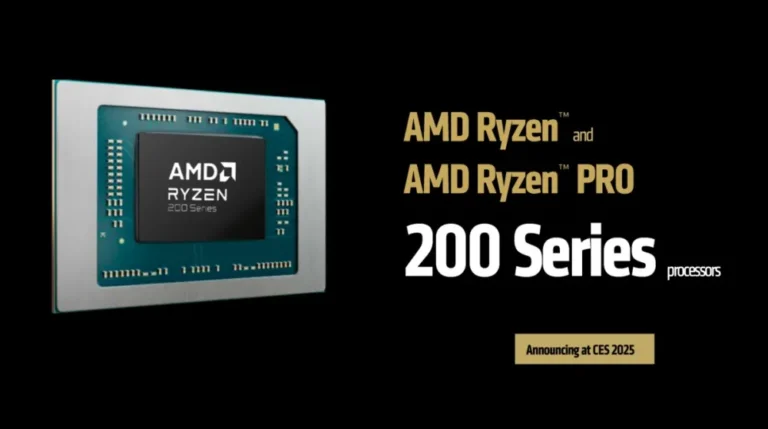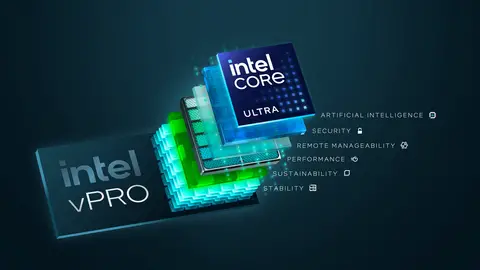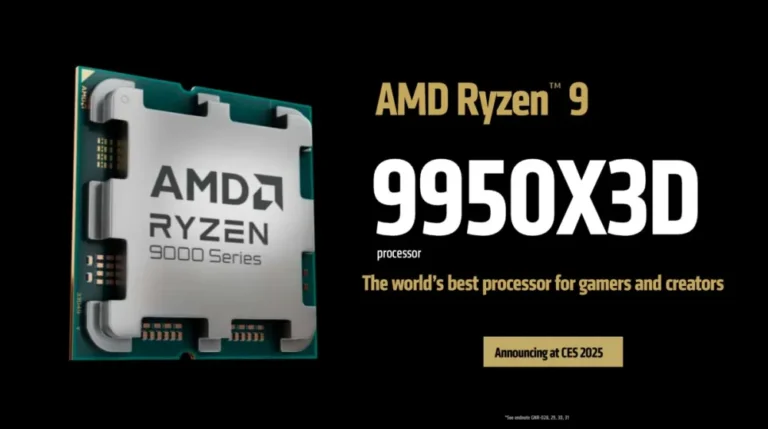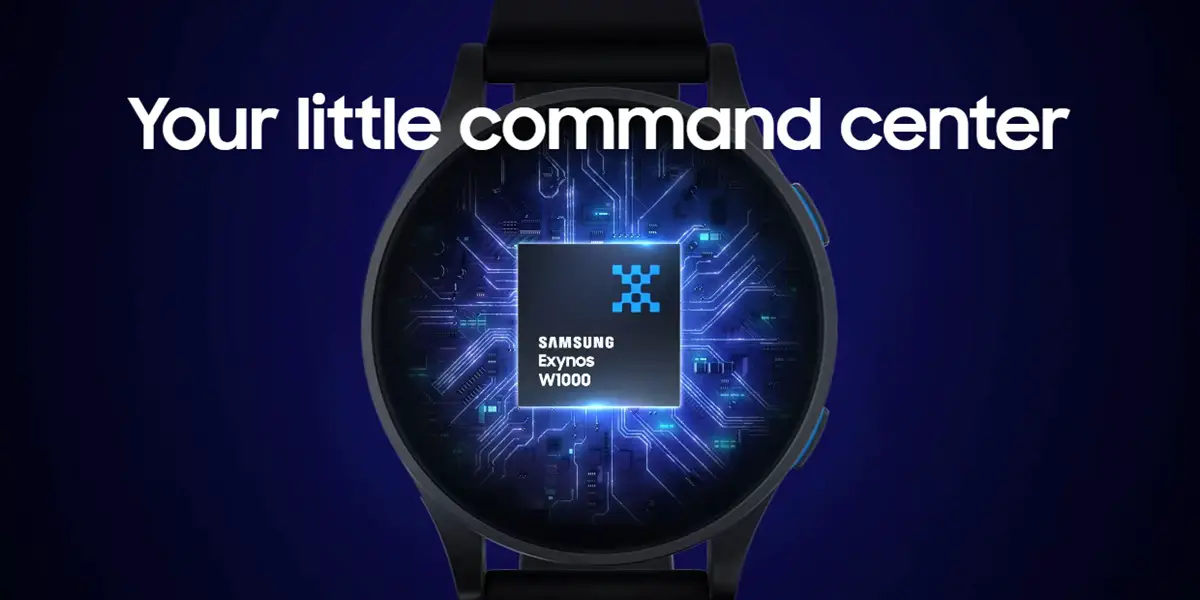
Samsung has announced the launch of its new wearable chip, the Exynos W1000. This is their first 3nm chip, manufactured using Samsung’s most advanced process technology. Samsung claims that the Exynos W1000 boasts groundbreaking performance, enhancing users’ health, daily life, and overall work efficiency, significantly elevating the daily life experience. For a compact 3nm chip, this is quite remarkable.
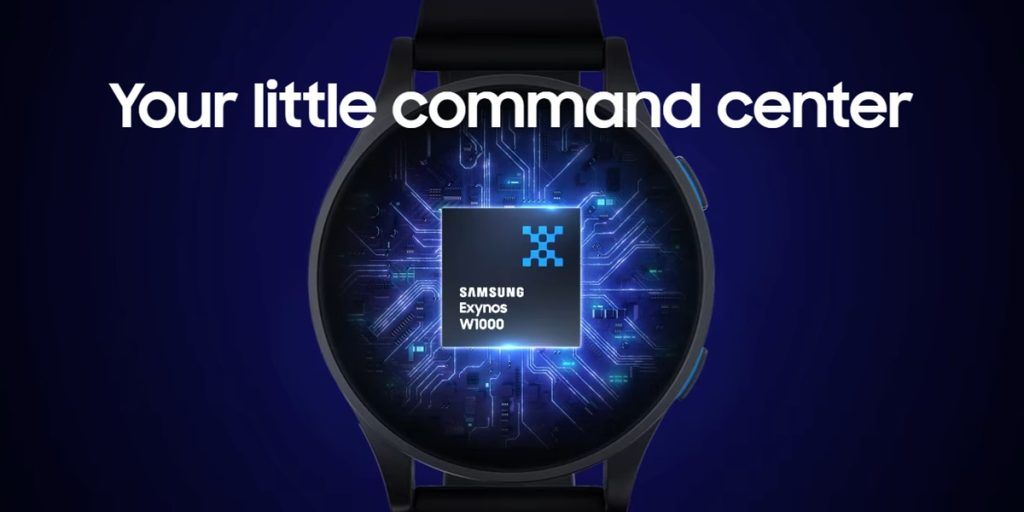
The Exynos W1000 is fabricated using Samsung’s 3nm GAA process, with the CPU comprising one Arm Cortex-A78 core and four Arm Cortex-A55 cores, clocked at 1.6GHz and 1.5GHz respectively, delivering robust power. According to official sources, compared to the Exynos W930 released last year, single-core and multi-core performance have improved by 3.4 times and 3.7 times, respectively. In everyday use, the speed of launching key applications has increased by 2.7 times, allowing for seamless switching between applications.
The GPU, Mali-G68 MP2, can drive qHD (960×540) or 640×640 resolution displays, providing a superior user interface. Additionally, it supports 2.5D always-on display (AoD), a crucial feature for wearable devices, offering enhanced display effects and detailed interfaces. For instance, in smartwatches, it allows for the constant display of time, notifications, and missed calls.
The Exynos W1000 employs the latest packaging technologies available in the market, including FO-PLP and SiP-ePoP solutions, integrating the power management IC (PMIC), memory, and storage into a single compact package, occupying less PCB space. This compact size imposes fewer restrictions, enabling devices like smartwatches to house larger batteries and achieve more stylish designs. It is paired with LPDDR5 memory, integrates 32GB of eMMC storage, and supports Bluetooth LE audio, NFC, and Wi-Fi networks.
Samsung has also embedded a 4G LTE Cat.4 150Mbps (downlink) / Cat.5 75Mbps (uplink) modem, supporting the Global Navigation Satellite System (GNSS) L1, including GPS, GLONASS, BeiDou, and Galileo, offering higher positioning accuracy. During outdoor activities, it can track parameters such as speed, distance, and altitude.
